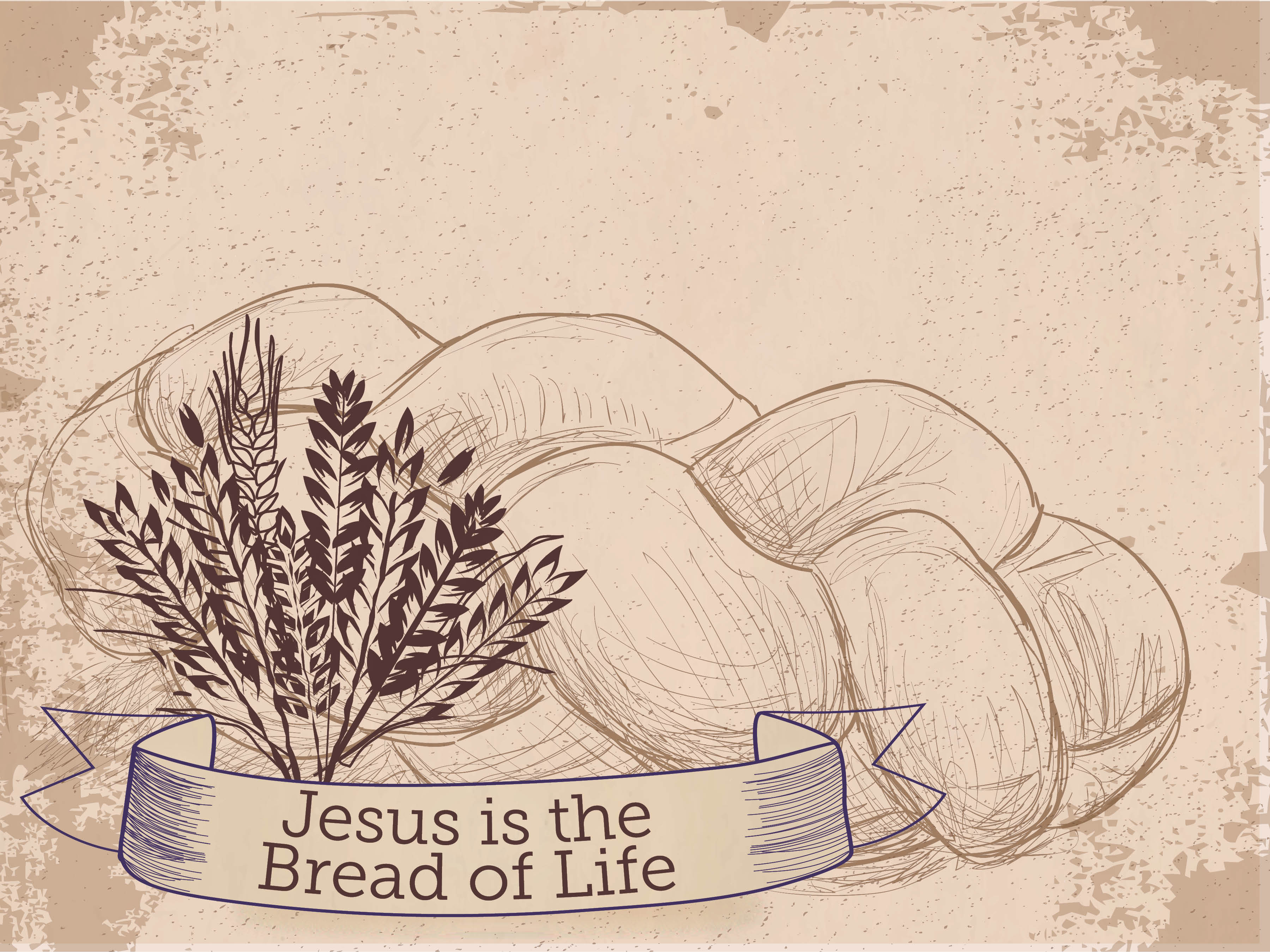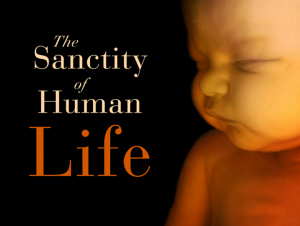
Philippians 3:12-21
All this talk of running and discipline and hard work, sounds like the Christian life is not that pleasant, why would we encourage others to a life of discipline and suffering.
The truth is, the Christian life is a race that has a very definite purpose, it is not aimless or a fruitless exercise, there is a definite goal and a prize that we are running for.
Paul wrote this letter to the Philippian church to encourage them and to keep them growing in their new Christian walk. Although Paul was a spiritual giant in the eyes of the Philippian saints, he wanted them to know that he had not yet attained the goal (Philippians 3:10-11).
He was still actively pressing on. He had by no means reached the final stage of his sanctification.
Paul’s salvation experience had taken place about 30 years before he wrote to this letter. He had won many spiritual battles in that time. He had grown much in those years, but he candidly confessed he had not obtained perfection. This testimony of the apostle reminded the saints at Philippi—and it serves to remind believers today—that there must never be a stalemate in their spiritual growth or a plateau beyond which they cannot climb. We must never settle. Are you closer to Jesus today than you were a year ago? There is no standing still as a Christian, either we are becoming more like Christ, or we are losing ground.
Then Paul says in verse 13; “Brethren, I do not regard myself as having laid hold of it yet; but one thing I do: forgetting what lies behind and reaching forward to what lies ahead”. This applies to us today both individually and as a church. We cannot grow in our Christian walk by looking back. The old idiom applies here; “to rest on one’s laurels”, looking back and thinking that enough has been done to secure victory. This applies to us individually, if we are still here, we are still in the race.
Then it applies to us corporately, we must never look back at the wonderful accomplishments of our church and say, look what we did back then – those were the great days – we have done enough. No, God is not done with His Church yet, He has much more in store for this church. Because this is His Church, and He has promised to build His Church, and he has promised to come back for His Church.
Paul goes on to encourage the Philippians to follow his example, and the example of others who are running the race with success (3:17). Paul had noticed that there were people in the Philippian church who were not setting a good example for the believers, and he points them out in verse 19.
Notice Paul is not referring to people outside the church, he is warning them about people inside the church, who are heading for destruction. They are only focused on temporal things, what makes me feel good now.
Their lives show no evidence of Jesus Christ being Lord.
Are you looking at temporal things, and making them more important in your life than eternal things? Remember your citizenship (3:20). If you have made Jesus Christ Lord of your life, you will know what it means to live with eyes fixed on eternity. Every decision you make in your life here in this life, affects eternity.
And then in verse 21, Paul explains why he is running the race, what is the purpose of it all. I am sure many of you are looking forward to that, a new body a supernatural body that will never experience decay or pain. That surely is a prize, surely that is a reward running after?
But that is only a part of it.
None of us have seen heaven, so to it is impossible to fully describe heaven and even if we did get a glimpse, we would find that our vocabulary was inadequate to describe it.
The Bible also tells us that the followers of Jesus will get rewards, James talks about the crown of life (James 1:12). Paul mentions the crown that will last forever (1 Corinthians 9).
But the primary joy of heaven will be far superior to all of that. We will be in the presence of God.
We were made to have communion with God, God created man in his own image to have fellowship with him. But when sin entered the world, that relationship was broken and there was a separation that took place. Inside every human being is a longing and an unfulfilled desire that can only be met by the perfect presence of God himself (see Ecclesiastes 3:11).
Looking at Revelation 3:11-12 and the letter to the church in Philadelphia, Jesus gives an encouragement to the “one who overcomes” – and keeps running the race. The greatest reward is to be a pillar in the temple of God? Sounds strange doesn’t it. We have no idea what it is like to be in the perfect presence of God. To dwell in his presence and worship Him, will be the most incredible experience of all. That is the greatest prize and that is why David could write as he did in Psalm 27:4.
We are to individually run whatever race or calling that God has set out for us. I cannot run for you, and you cannot run for me. But we are called to run that race with certainty, purpose and intensity.
Run your race to win, to be the best you can be for God where He has placed you.
Be willing to make whatever sacrifices necessary to successfully complete the mission and call God has set out for you.
You only get one run at this life, give it all you have got. Make sure you don’t miss a single opportunity to live fully for Jesus Christ.
“I press on toward the goal for the prize of the upward call of God in Christ Jesus.”
Philippians 3:14





